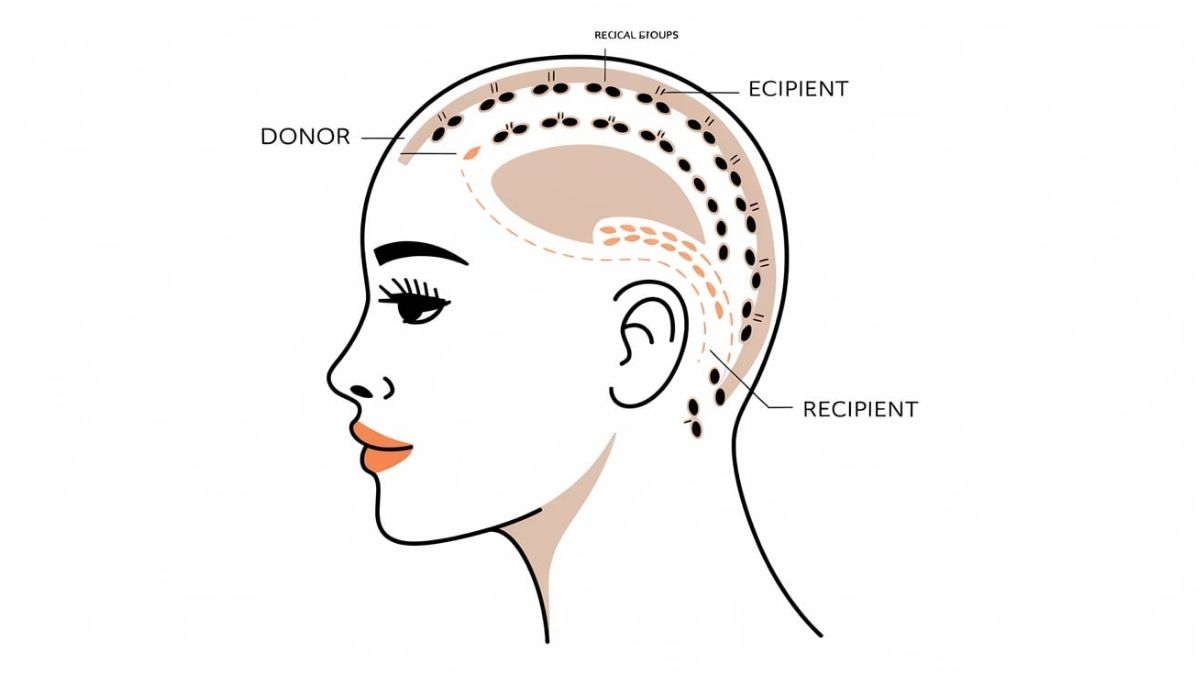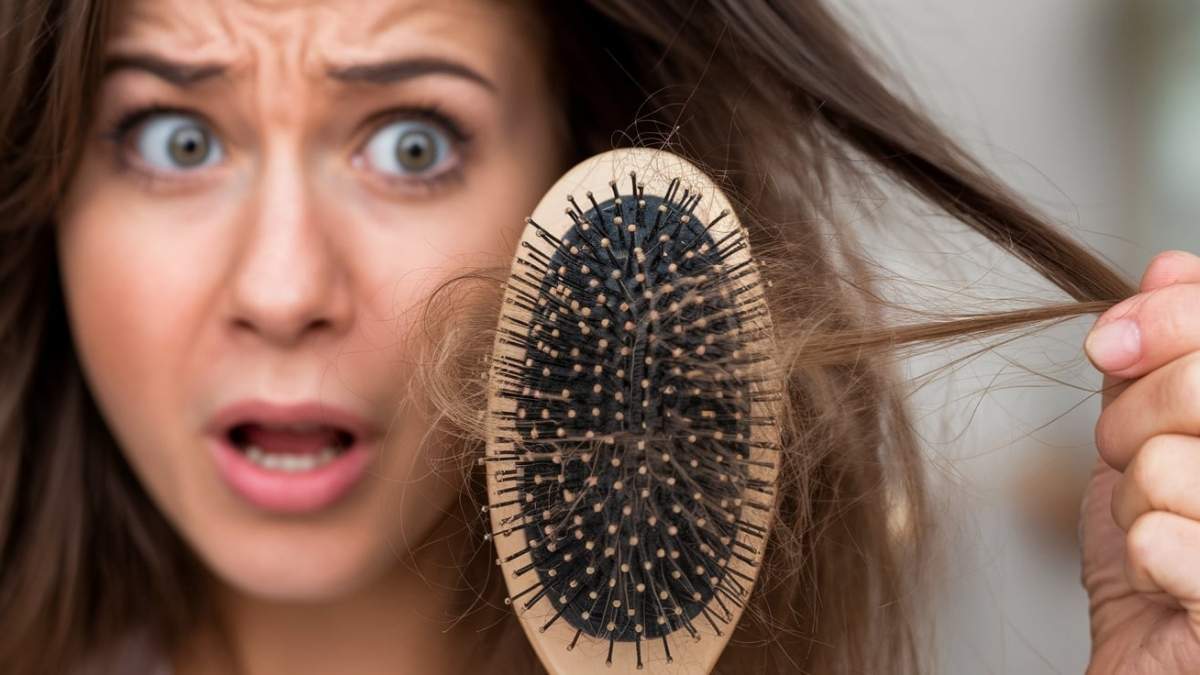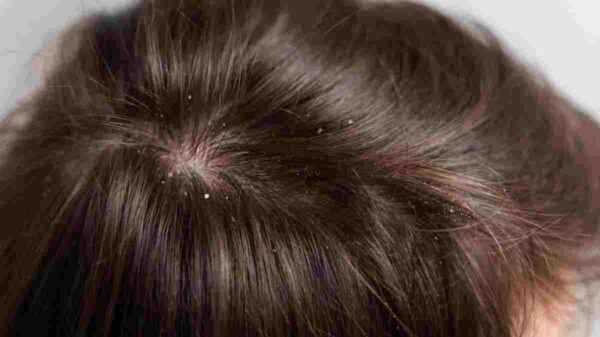Hair loss in women is more common than many realize, and it can be a challenging experience. Several factors contribute to hair thinning or baldness, and it’s essential to understand them to find the right solution. Below, we’ll explore common causes of female hair loss and introduce hair transplant surgery as a potential solution.
Common Causes of Female Hair Loss
There are several causes of hair loss in women. Here are some of the most common causes:
- Hormonal Changes: Events like pregnancy, menopause, and thyroid imbalances can disrupt hair growth cycles.
- Stress: High-stress levels can lead to temporary A condition called telogen effluvium is responsible for hair loss.
- Genetics: In some cases, a family history of hair loss plays a role, leading to gradual thinning over time.
- Medical Conditions: Certain medical issues, such as autoimmune diseases and scalp infections, can result in hair thinning or loss.
Knowing the underlying reason behind your hair loss is the first step in finding the proper treatment.
What is a Hair Transplant for Women?
 A hair transplant is a kind of surgery used to restore hair to thinning or balding areas. For women experiencing significant hair loss, this solution can be life-changing. Healthy hair follicles are extracted during the procedure from areas with dense hair growth (often the back or sides of the scalp) and transferring them to regions where hair is sparse or nonexistent. This technique allows the transplanted hair to grow naturally in the new area, offering long-lasting results. While traditionally more common in men, advancements in medical technology have made hair transplants an increasingly popular option for women seeking natural-looking hair restoration.
A hair transplant is a kind of surgery used to restore hair to thinning or balding areas. For women experiencing significant hair loss, this solution can be life-changing. Healthy hair follicles are extracted during the procedure from areas with dense hair growth (often the back or sides of the scalp) and transferring them to regions where hair is sparse or nonexistent. This technique allows the transplanted hair to grow naturally in the new area, offering long-lasting results. While traditionally more common in men, advancements in medical technology have made hair transplants an increasingly popular option for women seeking natural-looking hair restoration.
Signs You May Consider a Hair Transplant
Not every person who is losing their hair qualifies for a hair transplant, but here are some signs that you might benefit from the procedure:
- Significant Hair Thinning: If your hair has thinned significantly across your scalp, other treatments have not worked.
- Hairline Receding: Hair transplants can aid in the restoration of hair to a more natural, fuller-looking hairline.
- Bald Spots: If you have localized bald spots that haven’t responded to medications or treatments, a hair transplant might be an option.
Speaking with an expert can help ascertain if a hair transplant is right based on the pattern and extent of your hair loss.
Benefits of Hair Transplants for Women
If you’re considering a hair transplant, here are some of the potential benefits:
- Permanent Hair Restoration: Unlike temporary solutions, a hair transplant offers permanent results with proper care.
- Natural-Looking Results: The transplanted hair grows at its new spot, growing organically and merging in with your natural hair.
- Boosted Confidence: Many women report improved self-esteem and renewed confidence after restoring their hair.
Hair transplants may be a permanent remedy for those seeking a fuller, natural head of hair.
Alternative Hair Restoration Options
While hair transplants offer a permanent solution, there are other options to consider if surgery isn’t right for you:
- PRP Therapy: Platelet-rich plasma (PRP) therapy uses your own blood to promote hair growth.
- Medication: Over-the-counter or prescription drugs, such as Minoxidil, can aid in encouraging renewal and slowing hair loss in some cases.
- Lifestyle Changes: Adjusting your diet, reducing stress, and addressing underlying health issues can sometimes improve hair health.
Each method has pros and cons; the best approach depends on the individual’s needs.
Read Now
If you’re interested in learning more about how a hair transplant can help you regain your confidence and restore your hair, explore our next blog. Stay informed with tips on managing and treating hair loss effectively!

















